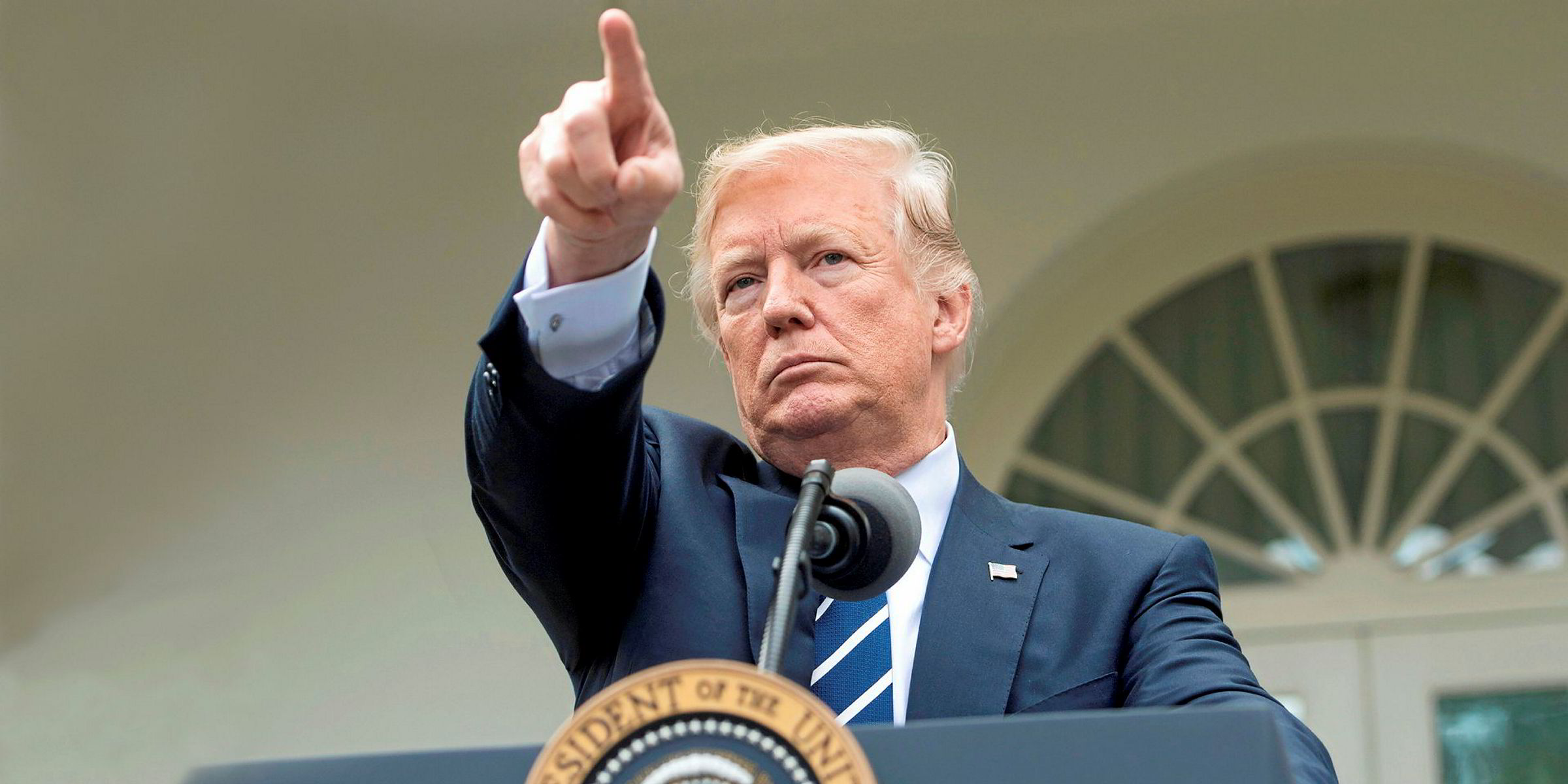US president Donald Trump levied a 10% tariff on roughly $200bn of imports from China today, escalating the ongoing trade war between the world's two largest economies.
The tariffs will take effect on 24 September, and will rise to 25% from 1 January 2019. Additionally, Trump said US will tariff $267bn of additional Chinese imports if Beijing takes retaliatory action against US farmers or other industries.
In the latest iteration, nearly half of Chinese imports face tariffs, including consumer products that range from furniture to building products and seafood.
The week started with early morning tweets from Trump claiming the cost increases due to the tariff spat have been "unnoticeable" and any country not making fair deals will be "tariffed".
US ports take a hit
US ports have been feeling the pain since the start of the trade spat, the impact ranging from reduced shipments to restricted infrastructural development.
The Port of Los Angeles, North America's largest port, is expecting to see a softer fourth quarter, a spokesperson told TradeWinds.
There was an uptick in cargo imports as owners pushed through goods in June and July, spokesperson Phillip Sanfield said. The month of August, however, saw a decline in shipments.
"There are a lot of questions and uncertainties, and the maritime industry does not respond well to uncertainties," Sanfield told TradeWinds.
The Port of Los Angeles saw record years in 2016 and 2017, but is expecting a 2% to 3% drop this year, Sanfield said.
Before the latest announcement, 20% of total tonnage and trade value of the Los Angeles port was exposed to the tariffs and retaliatory charges.
"Negotiated settlement, instead of tariffs, represents the best pathway to resolving outstanding trade issues without creating uncertainty and instability that will negatively impact our port," Sanfield said.
The US Treasury had invited Chinese officials for more talks to try to resolve trade differences last week but the prospect of negotiation seems bleak now.
Last year, Southern California ports handled $173bn in Chinese imports, about a third of all goods shipped from China to the US, CNBC reported.
Los Angeles is far from the only US port to be impacted. The Port of Baltimore is facing growing anxiety over the disruption to business despite being on track for a record year, said the Financial Times.
John Reinhart, chief executive of the Port of Virginia, made the case for four massive ship-to-shore container cranes which a Shanghai-based is building for the Virginia port.
If tariffs are imposed on the cranes, it could cost the port an additional $10m and put the port infrastructure at risk, Reinhart had testified in Washington in August at hearings on the tariffs.






